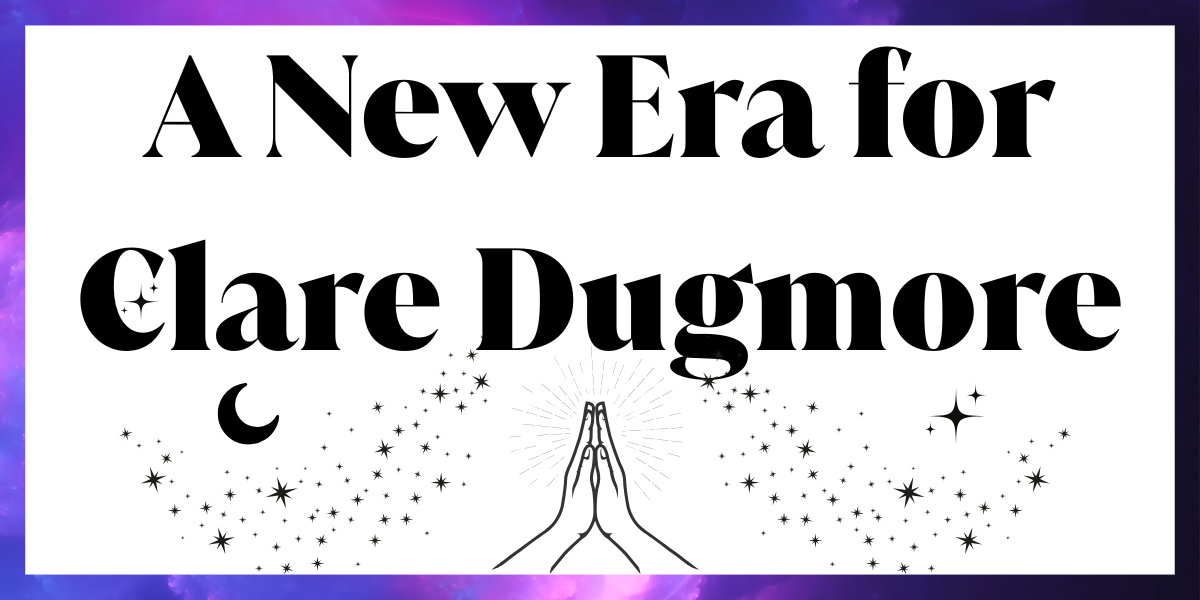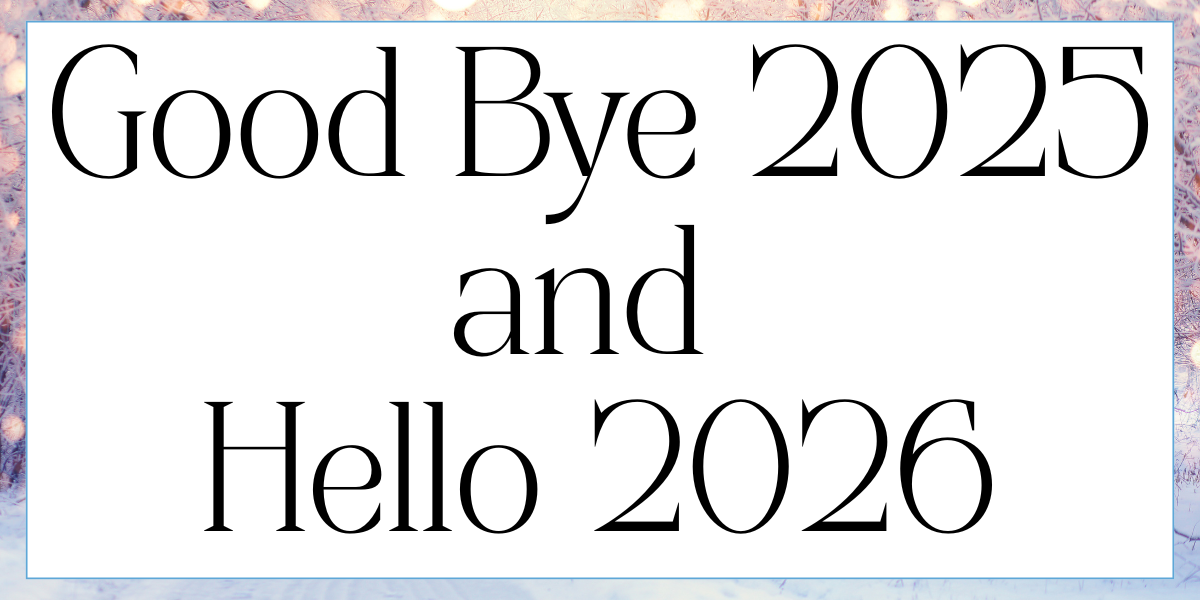Memorable Monday: Diana Dawn Guest Post
Hello friends! I’m Diana Dawn and I’m a self-published author. I write clean romance stories including fantasy, historical and contemporary. I have a story featured right now in the “Beyond Starlight” boxed set. I thought I would use this blog post opportunity to offer some pointers to new writers.
1. Write what you know.*** I know this is said a lot, but it’s true! I struggle more trying to write out of my comfort zone. But when I focus on something I know, the words and content just flow much easier, and it will also seem more real to the reader. This isn’t an exclusive “rule” of course, it just makes writing a little easier. It really helps, at least in the beginning, when you’re still trying to figure out your writing styles and preferences.
2. Do your research.*** You certainly can’t always stay in your comfort zone, or else you wouldn’t be able to stretch yourself as a writer. The key is consistency within your story and within the genre you’re writing. For example, the story I have in this boxed set, “Beyond Starlight”, is actually not in my typical comfort zone. I hadn’t written science fiction before, but I had the story in my head and wanted to write it. I found that the key to this is to do your research and read other books in the same or similar genre. You may not be familiar with the genre, but the reader may be a pro. So, you want to be sure not to pass his or her “suspension of disbelief” … which means to write something so far-fetched within the genre, that the reader can’t believe it, even in a fiction story. Admittedly, this is pretty subjective, but just keep it in mind. I was part of a post-apocalyptic boxed set a couple of years ago and had a story I wanted to write for it. Originally, the idea for the setting of my story was to be in the pre-colonial era. So, it was a struggle for me to completely change the story and the setting to fit into a post-apocalyptic world. It was such a challenge that I almost gave up! LOL! But I pushed through and completed the story and ended up being very happy with how it turned out.
3. Stay organized.*** I always have an idea for a story in my head. I find it helpful to jot things down as I think of them so I don’t forget. It never fails… I’ll be driving and think of something for my story, and I tell myself to not forget so I can write it down later. Then later, I’m like “what was that idea I had?”, then I’m kicking myself! LOL! So even if I’m not in a situation where I can write something down, I pull out my phone and record a short note that I can reference later. Also, when I am first writing a story, I’ll have a general overview of it in my head. So, before I go into the details of writing the setting or the dialogue, I’ll do an outline of the story, and sometimes I’ll even do a spreadsheet of all the characters and their relationships, birthdates, and so on. Additionally, if your story has a lot of time points or dates, it might be helpful to do a timeline that shows dates and gaps in months, years, etc. I have a series that spans across five years, so I did a timeline that shows the year, the season and a general description of the important event in the story, so I can keep track and keep consistency throughout the series. I also keep a document with all of the dates for my deliverables. For example, I have a spreadsheet that has the name of the story (whether it’s a stand-alone book or story in a boxed set) its pre-order date, deliverable due date, release date, Facebook group link (if applicable), date I signed up for the set, etc. Don't let a deadline creep up on you and catch you unawares. Put things on your calendar. Make notes to yourself... even send emails to yourself. This helps me to remember things, too!
4. Get inspired.*** I find it helpful to get inspiration for my story if I can really visualize things in my head. So, I will gather various photos. These can be pictures that no one will see but you… anything that can get you inspired. I like to gather photos of what I see my characters looking like, whether it’s pictures of movie stars or character drawings. Plus, I’ll find photos of the different settings in my story, like if it’s a forest or the beach. Personally, I also get inspired by music, like if I am listening to a song and can see one of the scenes of my story play out in my head like a music video. LOL! One story I wrote recently took place in the 1400’s in a European-style setting. I got inspired by attending a Renaissance faire, and while I was there, I enjoyed watching the court dancing they did. I had a very similar scene in my book, so that was very inspiring for me. I also had another story that took place on a cruise ship. I gathered a lot of inspiration while on a Caribbean cruise vacation with my family. It was a win-win! LOL! You can use anything to get inspired and get your juices flowing to help you with your story.
I hope these notes helped to give you some takeaways that you can cater to your own writing practices and styles, etc. Thank you all for listening! Reminder to stay motivated!
 Diana Dawn is a writer and author of the book series, Whispering Willows. As a lover of fairy tales and romance, Diana has focused her writing on romantic fiction, with a hint of classic fables. She has been a lifelong writer and first began creating stories in grade school. When she isn't glued to her computer or lost in her next romance story, Diana enjoys taking vacations with her husband and three children. She would love to hear your thoughts or feedback. Drop her an email at Diana@DianaDawnBooks.com for a special free promotional offer related to her Whispering Willows book series!
Diana Dawn is a writer and author of the book series, Whispering Willows. As a lover of fairy tales and romance, Diana has focused her writing on romantic fiction, with a hint of classic fables. She has been a lifelong writer and first began creating stories in grade school. When she isn't glued to her computer or lost in her next romance story, Diana enjoys taking vacations with her husband and three children. She would love to hear your thoughts or feedback. Drop her an email at Diana@DianaDawnBooks.com for a special free promotional offer related to her Whispering Willows book series!
Find Diana Dawn online at https://dianadawnbooks.com/
.png?width=1200&height=330&name=Website%202026%20(1).png)
 By
By


